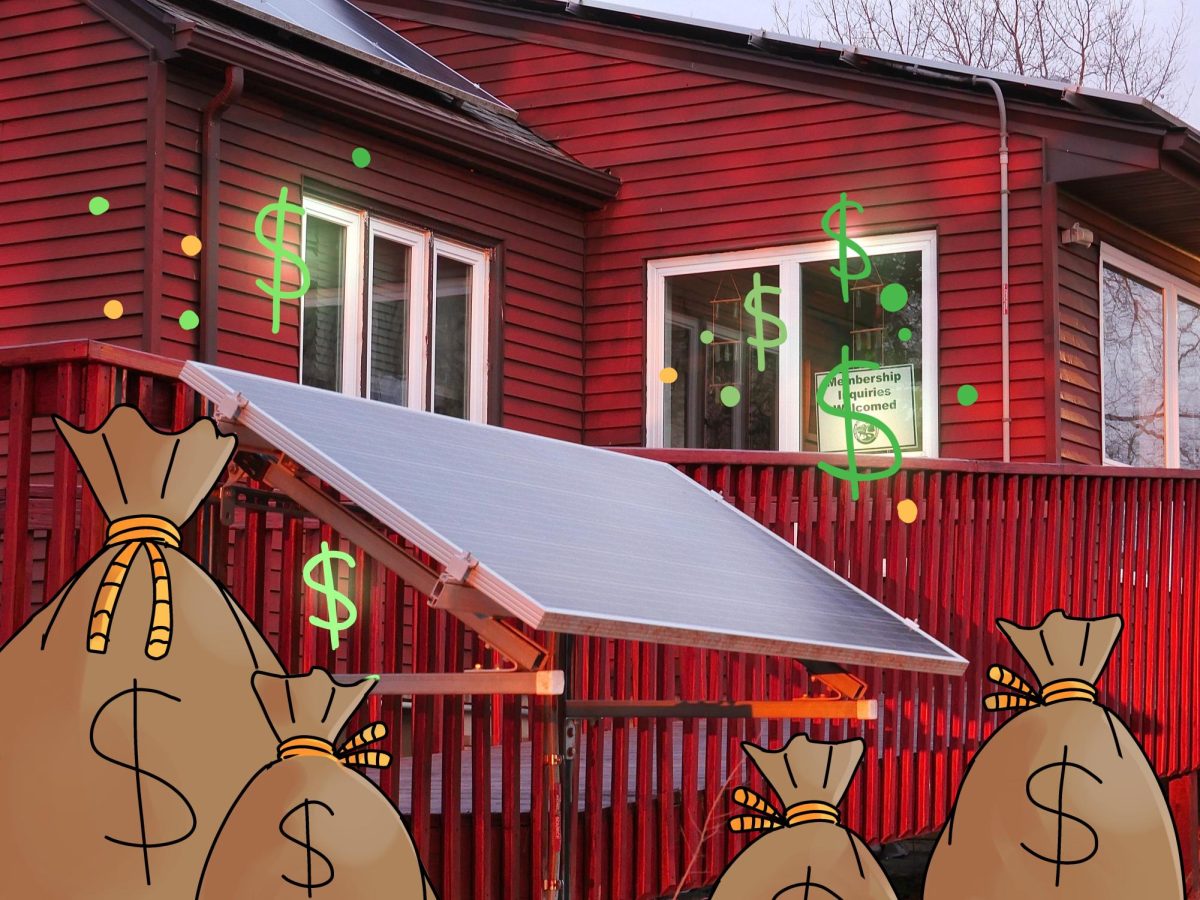In President Donald Trump’s so-called war on woke, he’s attacked every Democratic ideal he can, and one of the most visible instances is his battle with green energy. Due to its longtime association with the Democratic platform and immediate threat to big businesses, green energy seems like an easy target; however, politicizing clean alternatives is pointless. With Democrats prioritizing mitigating climate change and Republicans seeking American dominance in the energy industry, the solution is clear; rather than shunning green energy, Republicans should embrace green energy by striving to become leaders in clean alternatives because it’s economically sustainable and fewer countries have the capacity to be competitors.
The benefits of green energy for our planet are clear; alternatives to fossil fuels like solar, wind, water, and nuclear energy are sustainable, viable, and far less harmful for the environment. Their renewable nature makes them longer-lasting sources than fossil fuels, which are finite in quantity. However, the environmental benefits are not the point of contention—it’s the economic costs of green energy.
Republican constituents frequently cite rising consumer prices as a point of concern regarding renewable incentives. Yes, perhaps switching to clean energy sources will come with a high entry cost, but research finds that alternatives like biofuel, hydropower, and solar power are actually cheaper than fossil fuels upon implementation, counteracting any potential for a long-term price increase.
A switch to green energy may even favor Republican constituents more than Democrats. Several red states have already seen the writing on the wall and started investing in clean energy, with Texas, Iowa, Oklahoma, and Kansas becoming the top producers of wind energy. In fact, rural regions of the country—which primarily vote red—are optimal for wind and solar power, since they lack the urban development that inhibits access to such resources.
Hinging our energy industry on oil may work now, but consumer prices will rise no matter what when excessive drilling dries up easily accessible reserves and leaves us with no available alternatives. There are less than 30 years of oil left in our known reserves, and accessing new reservoirs may require us to dig so deep that the process is no longer economically viable.
Resource scarcity jacks up prices per supply and demand, pushing the most basic necessities out of reach for the average American. Rising gas and oil prices also means higher costs for companies buying from suppliers—thus, Trump’s suggestion that we “drill, baby drill” is neither sustainable nor favorable for the consumer and producer.
Add that American consumers may be incentivized to buy from foreign companies over domestic goods should they become inconveniently expensive, and we’re acting in the opposite direction of Trump’s campaign promise of “economic independence.”
Rather than rely on natural resources, the U.S. should focus on strengthening the green energy industry, as doing so would increase its economic influence globally. A worldwide transition to clean energy is inevitable, but is currently only a realistic goal for wealthy, developed countries that have the resources to innovate in the quaternary sector. This means that while the U.S. lacks the potential for competition in clean energy, our efforts are futile in fossil fuel leadership, as developing countries have more potential to dominate that field. Focusing on clean energy will increase our economic independence while also allowing us to head an industry that other countries will eventually come to rely on.
Should we refuse to switch, the world may leave us behind. While Trump keeps the U.S. from progressing, everyone else is moving forward—our competitors’ renewable energy use is already expanding, including in China, Trump’s mortal economic enemy. What will we do when countries like China no longer want our fossil fuels and we haven’t diversified?
Ultimately, green energy is a necessary investment if Trump truly wants American energy independence. We should plan for the long term now.
This piece was originally published in Zephyrus’ print edition on May 8, 2025









